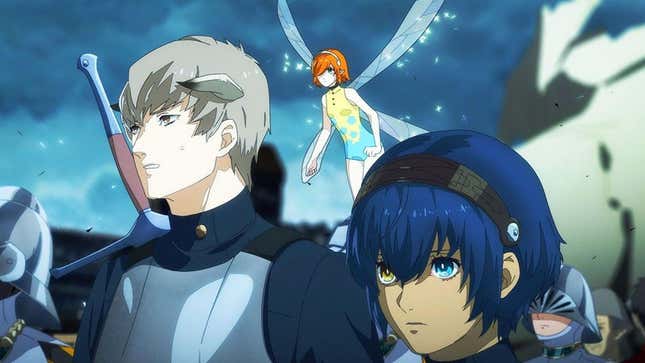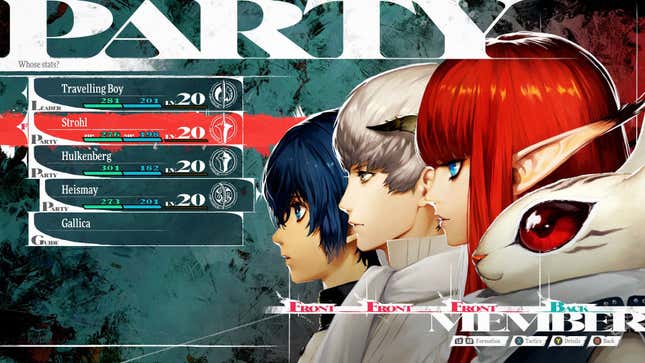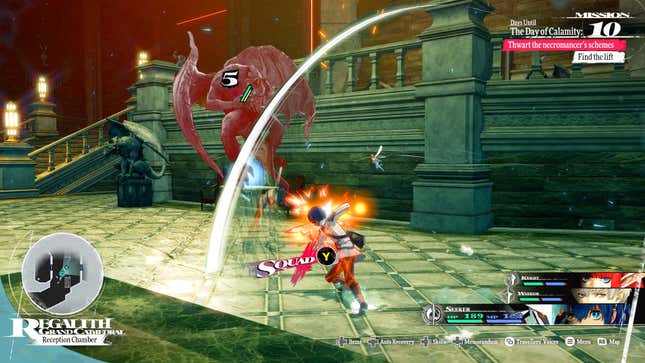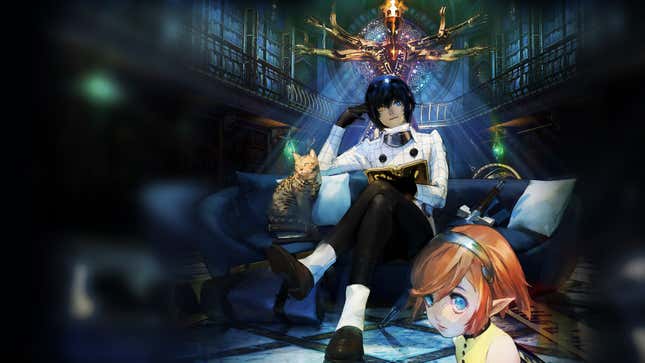
I recently got the chance to play four hours of Metaphor: ReFantazio, the fantasy RPG from the minds behind the Persona series. I came away really enthralled by its world and how it seems to be toying with the barriers of fantasy and reality. I was less thrilled with how Atlus attempted to distance its in-universe political drama from reality, but I’m still intrigued by what the game itself seems to be saying. I saw a lot of the game in those four hours, and I think I’m still waiting to find the flair in its turn-based combat, which felt like it was missing some of the bells and whistles that make games like Persona feel more complex than just hitting elemental weaknesses. But despite any lingering concerns, I still experienced a handful of standout moments in which I could feel Metaphor: ReFantazio worming its way into my brain, sparking my curiosity, and alleviating some of the problems I’ve had with some of Atlus’ previous games. Here are a few moments from my play time that have stuck with me.





